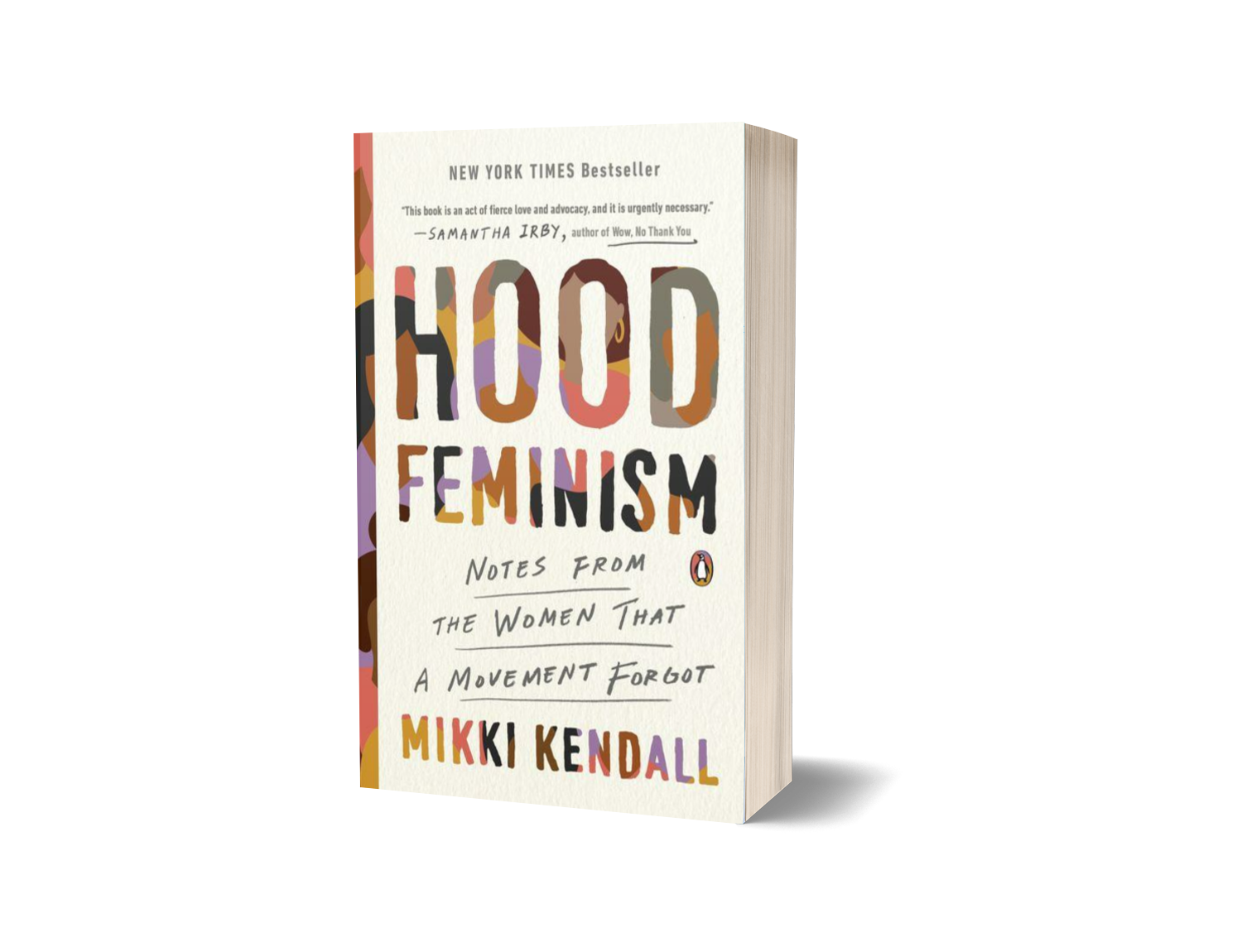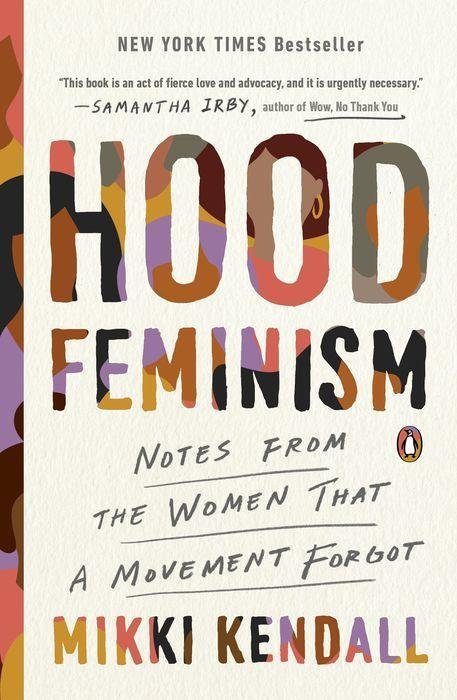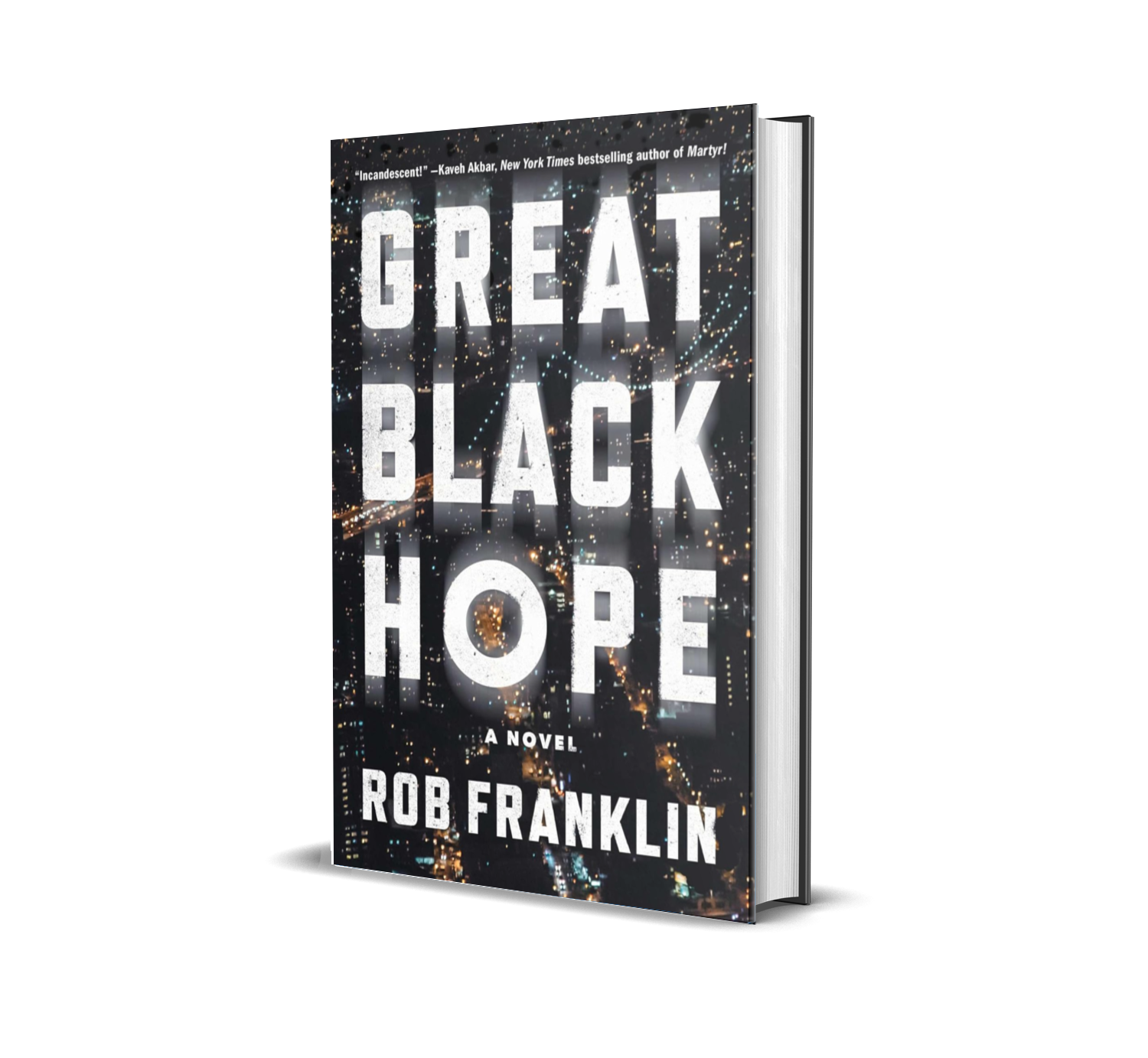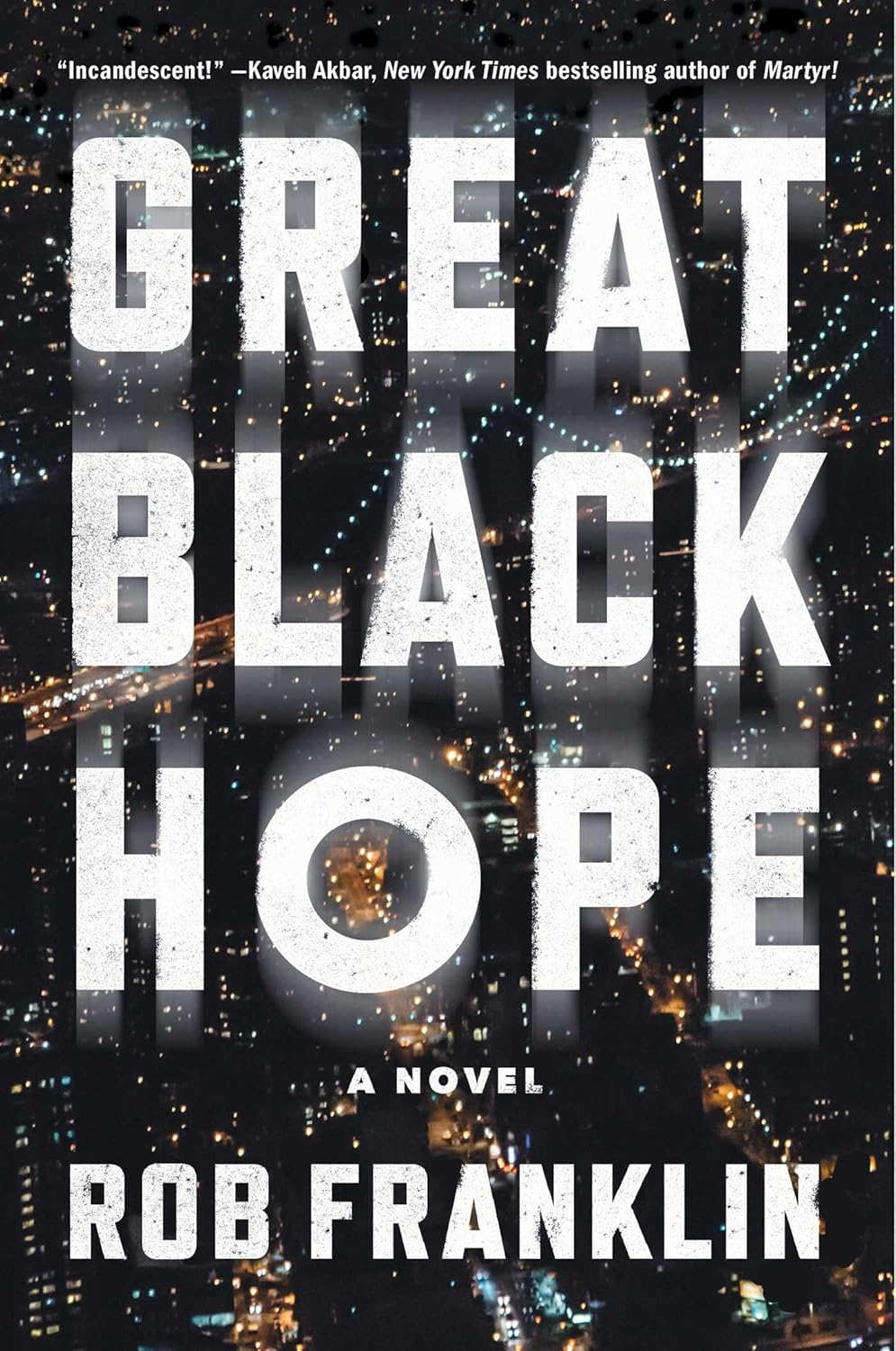 Image 1 of 2
Image 1 of 2

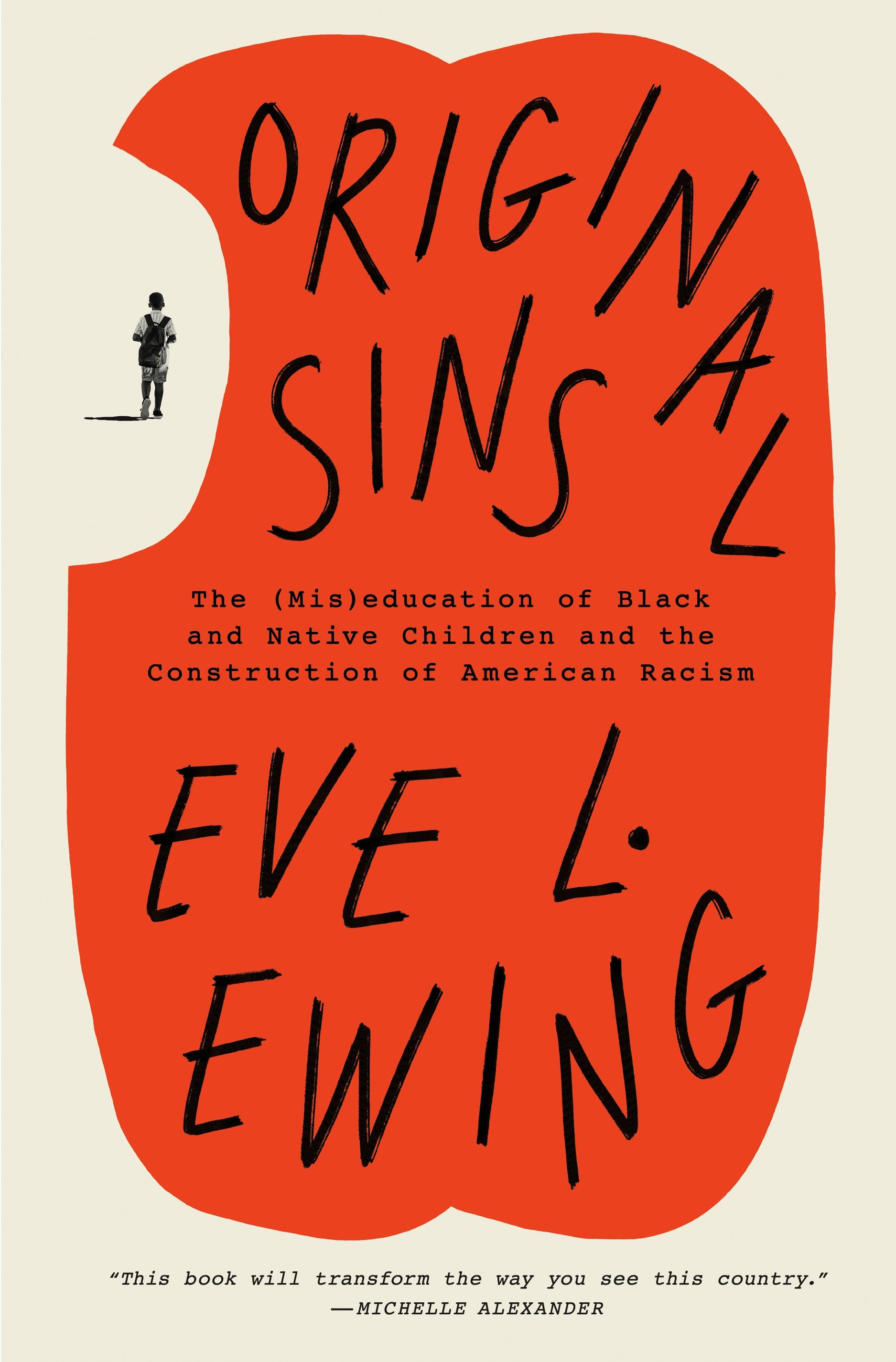 Image 2 of 2
Image 2 of 2



Original Sins — The (Mis)education of Black and Native Children . . . by Eve L. Ewing
Why don’t our schools work? Ewing tackles this question from a new angle: what if they’re actually doing what they were built to do? She argues that instead of being the great equalizer, America's classrooms were designed to do the opposite: to maintain our inequalities. It’s a task at which they excel.
“When I teach courses on education policy and race, I always begin on the first day of class by asking my students a simple question: What is the purpose of schools?”
If all children could just get an education, the logic goes, they would have the same opportunities later in life. But this historical tour-de-force makes it clear that the opposite is true: the educational system has played an instrumental role in creating racial hierarchies, preparing children to expect unequal treatment throughout their lives.
In Original Sins, Ewing demonstrates that schools were designed to propagate the idea of white intellectual superiority, to "civilize" Native students and to prepare Black students for menial labor. Schools were not an afterthought for the "founding fathers"; they were envisioned by Thomas Jefferson to fortify the country's racial hierarchy. And while those dynamics are less overt now than they were in centuries past, Ewing shows that they persist in a curriculum that continues to minimize the horrors of American history. Ewing argues that the most insidious aspects of the system are under the radar: standardized testing, tracking, school discipline, and access to resources.
By demonstrating that it's in the DNA of American schools to serve as an effective, and under-acknowledged, mechanism maintaining inequality in this country today, Ewing makes the case that there should be a profound re-evaluation of what schools are supposed to do, and for whom. This book will change the way people understand the place they send their children for eight hours a day.
Why don’t our schools work? Ewing tackles this question from a new angle: what if they’re actually doing what they were built to do? She argues that instead of being the great equalizer, America's classrooms were designed to do the opposite: to maintain our inequalities. It’s a task at which they excel.
“When I teach courses on education policy and race, I always begin on the first day of class by asking my students a simple question: What is the purpose of schools?”
If all children could just get an education, the logic goes, they would have the same opportunities later in life. But this historical tour-de-force makes it clear that the opposite is true: the educational system has played an instrumental role in creating racial hierarchies, preparing children to expect unequal treatment throughout their lives.
In Original Sins, Ewing demonstrates that schools were designed to propagate the idea of white intellectual superiority, to "civilize" Native students and to prepare Black students for menial labor. Schools were not an afterthought for the "founding fathers"; they were envisioned by Thomas Jefferson to fortify the country's racial hierarchy. And while those dynamics are less overt now than they were in centuries past, Ewing shows that they persist in a curriculum that continues to minimize the horrors of American history. Ewing argues that the most insidious aspects of the system are under the radar: standardized testing, tracking, school discipline, and access to resources.
By demonstrating that it's in the DNA of American schools to serve as an effective, and under-acknowledged, mechanism maintaining inequality in this country today, Ewing makes the case that there should be a profound re-evaluation of what schools are supposed to do, and for whom. This book will change the way people understand the place they send their children for eight hours a day.
ABOUT THE AUTHOR
Eve L. Ewing is a writer, scholar, and cultural organizer from Chicago. She is the award-winning author of four books: Electric Arches, 1919, Ghosts in the Schoolyard, and Maya and the Robot. She is the co-author (with Nate Marshall) of the play No Blue Memories: The Life of Gwendolyn Brooks and has written several projects for Marvel Comics. Ewing is an associate professor in the Department of Race, Diaspora, and Indigeneity at the University of Chicago. Her work has been published in The New Yorker, The Atlantic, The New York Times, and many other venues.







